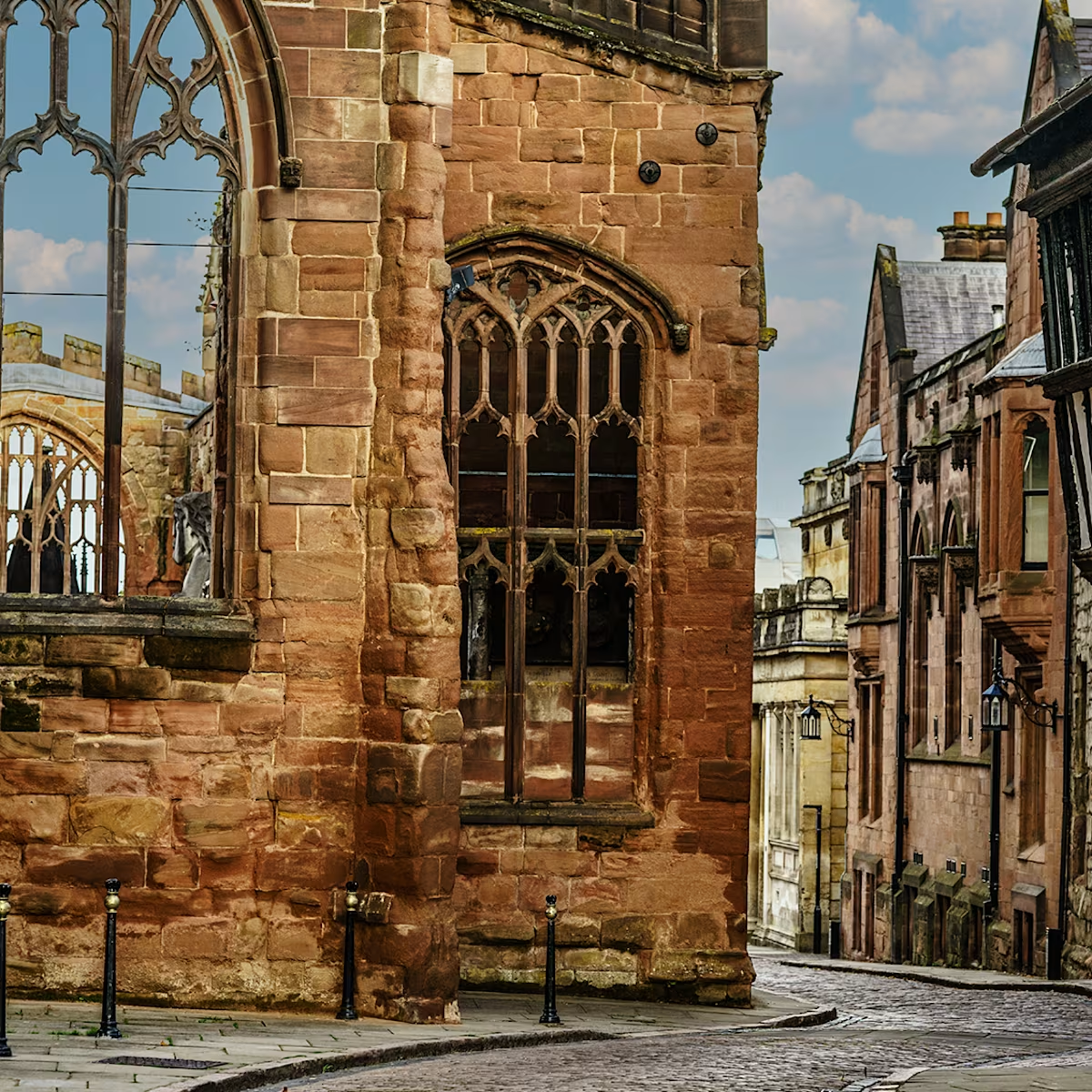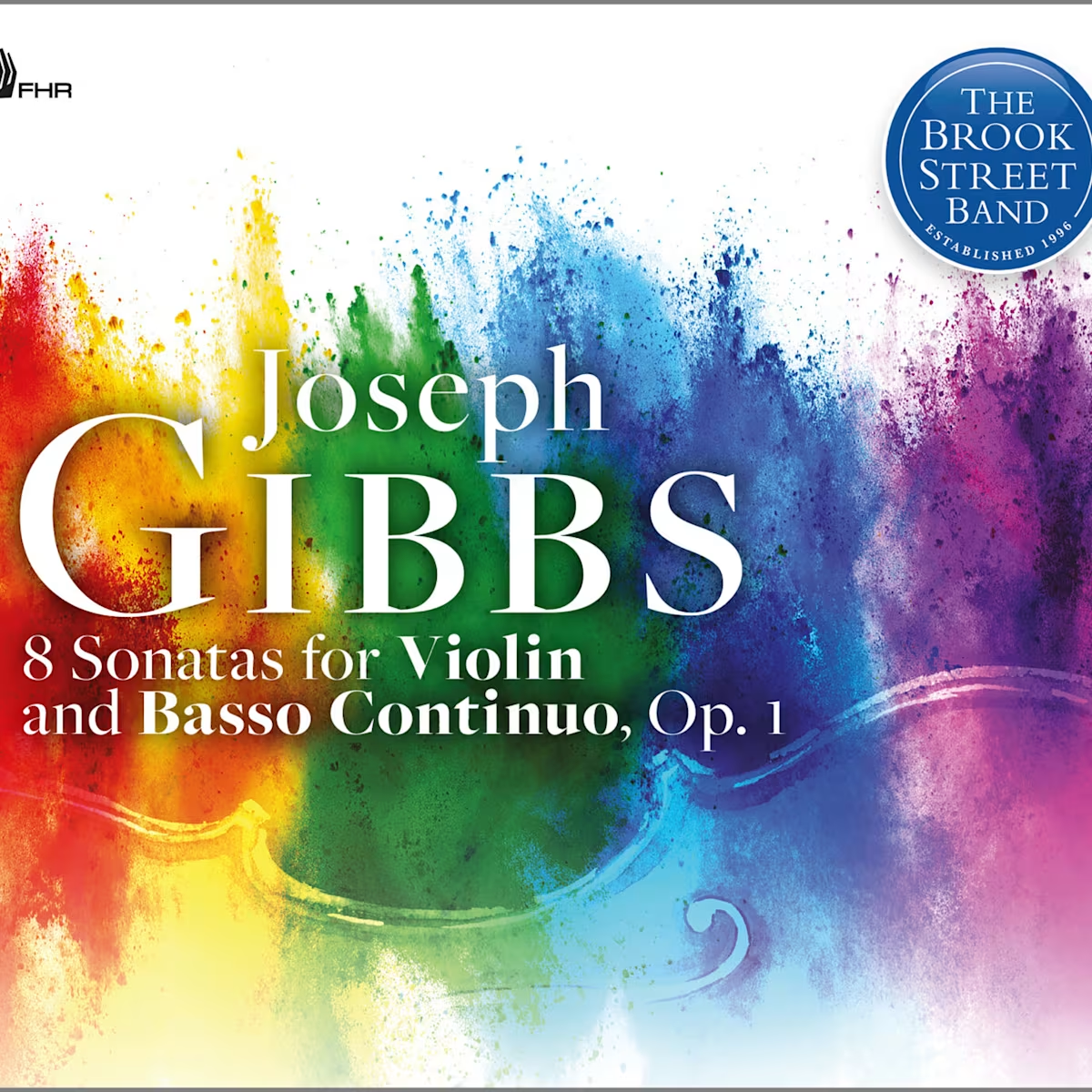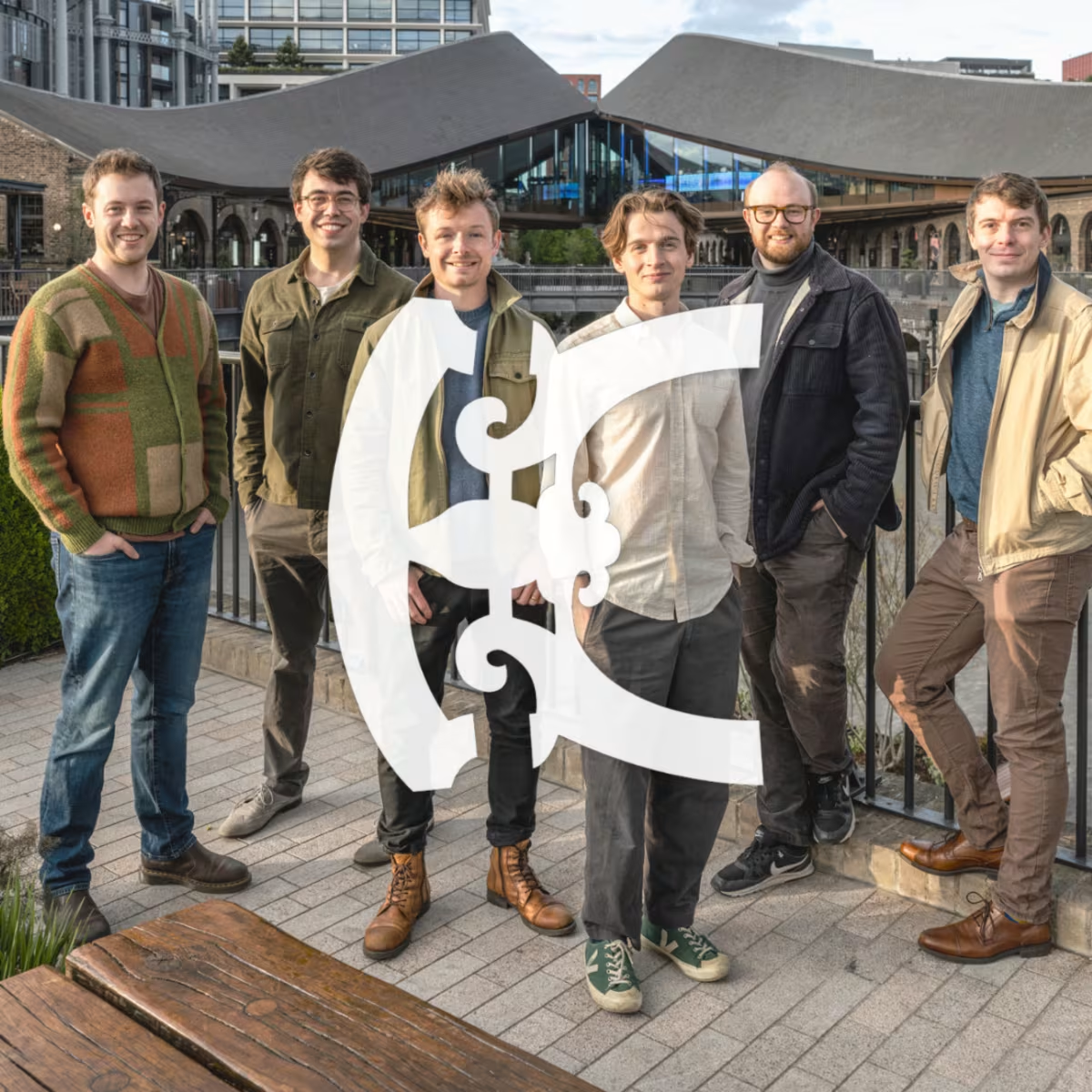Feature
Generations inspired... The choral brilliance of David Hill
Share this

FIRST PUBLISHED 27 APR 2025
Proper jobs for musicians were always more available via the church than in orchestras. David Hill MBE has held an extraordinary array of both, and these days spends more time in the concert hall than the choir stalls. The path to the latter was clear when he was made a Fellow of the Royal College of Organists fifty years ago, after he left Chetham's School of Music for St John's College, Cambridge, where the Director of Music was the renowned George Guest.
By 1982 he had taken on the music at Westminster Cathedral, the red brick but equally lofty Catholic answer to the Protestant 'royal peculiar' of Westminster Abbey at the other end of Victoria Street. “At Westminster Cathedral, the daily experience of plainsong was a discipline in itself,” he remembers. “Finding the Graduale Romanum was like opening a book I'd never understood, and it taught me so much. When you attach that to the polyphony, the relationships within whole traditions of music, even Bruckner motets, become far clearer.”
David stayed in Westminster for five years before taking over from Martin Neary as Master of Music at Winchester Cathedral. It was while he was there that he began recording and the Winchester appointment (where his son later became a chorister) meant that he had a mastery of both great church music traditions. “All those windows were opening in my twenties, and the recordings meant I was getting dirty with it. Having Bruno Turner coming to those early sessions helped me pick up the way early music performance was evolving.”
It was while he was at Winchester that he also began to make his name with the amateur (though professional sounding) big choruses in London, starting with the Philharmonia Chorus. “When I was young I revered Louis Halsey, John Alldis and Laszlo Heltay as choral directors. I had years of mastering the choral repertoire with the Philharmonia Chorus. Roy Goodman taught me so much, too, as a young conductor getting used to all those skills in period styles. He is a special sort of genius.” This opened up the world of the major traditions of late Romantic and 20th-century oratorio, and the need to learn how to combine conducting choirs with the very different requirements of a full symphony orchestra. It is a lesson that he has fully taken on board and these days his concerts are just as likely to be symphonic as choral.
In 1997 he left the Philharmonia and the next year took over in London from David Willcocks as only the ninth Music Director of The Bach Choir since it was founded in 1876. The Bach Choir by then was a very traditional animal itself, and at its heart were the performances it gave every year in the Royal Festival Hall of Bach's St Matthew Passion: as central to London's musical calendar as the Proms. Quite naturally, Hill's coming to the post meant the start of a new chapter in their history as he set about transforming the Choir in a timely fashion to meet the demands of the modern musical landscape. Appreciative of the inherent quality that he found, David explains: “Choral performance practices have evolved over time, and The Bach Choir today is a reflection of that progress. Out of 250 members, well over half are under 35. It is a choral meritocracy of which I'm very proud – nimble and light – and they got that from David Willcocks.”
David Hill talks about his first experience of Bach's St Matthew Passion
Thinking back to his Cambridge days, David remembered some good advice. “George Guest's choice of repertoire at St John's was so different from Willcocks' at King's, and he was recording it before anyone else. He said 'never look over your shoulder; don't reject the past but don't do the things your predecessor did'. With The Bach Choir I inherited a style. Their Matthew Passion felt a bit big with the English Chamber Orchestra. By then I'd had a decade performing it with period instruments. I had to make a stand and change it, and to hire players who reflected that, which led to a very difficult conversation with the chairman, because he was chairman of both the choir and the orchestra. But the whole sound changed when we brought in Florilegium as the orchestra. The singing just lifted. Now I have Ed Lyon,” another alumnus of St John's, Cambridge, “as the Evangelist and an amazing continuo group. They never make two performances sound the same. We recreate it every year, and that is massively important to me.”
David Hill and The Bach Choir rehearsing for Bach's St Matthew Passion
Smaller choirs are still central to his repertoire, alongside The Bach Choir, and in 2003 he went back to St John's College until 2007, when he took charge of the BBC Singers, Britain's only salaried professional choir, for ten years. There, the repertoire is as much contemporary secular as classical, and it gave him a musical balance, exploring the composers of his own time who were not writing only for the church. He was not away from the choir stalls for long, however, though this was not in Britain's cathedrals or colleges. In 2013 he crossed the Atlantic to become Principal Conductor of the Schola Cantorum at the Institute of Sacred Music at Yale University.
“The wonderful thing about Yale was that I could explore all sorts of things. We even had eight singers each year learning all the different Latin pronunciations. It expanded the whole idea of what an institute can do. There's nothing like that here. At university here you can find amazing talent, but at Yale you can put a Buxtehude cantata next to a work by Caroline Shaw. I spent nearly 12 years there. The first recordings were of Palestrina's eight-voice Missa Confitebor tibi Domine on Hyperion and we made a whole disc of Schütz. It was like a lab where you could work without worrying about costs – both at Yale and with the Julliard 415 in New York.” He also recorded Brahms' A German Requiem with his Yale forces.

He has also remained active with The Bach Choir, and this decade has made recordings with them of the B minor Mass as well as Herbert Howells' Missa Sabrinensis ('Mass of the Severn') from 1954. Hill has also taken up the directorship of Leeds Philharmonic Society. With his time at Yale coming to an end last year, the focus is back on Britain and the rest of Europe. “Now I'm not at Yale, other people around the world are booking me.” He was in Dublin on Good Friday to conduct the National Symphony and Choir of Ireland in James Macmillan's St John Passion (which is not for the faint-hearted), which was also broadcast live that afternoon on RTÉ. “There's also Bernstein's Symphonic Dances with the Bournemouth Symphony Orchestra later this spring. With the Philharmonia, I'm doing Belshazzar's Feast with Delius' A Song of the High Hills and Richard Blackford's Second Symphony, La Sagrada Familia, which we will have with projections on screen. He is a really fine composer. I'll be conducting more of his music at the Three Choirs Festival with BBC NOW and putting it on disc.”
On 10 April, The Musicians' Company honoured David by awarding him their Choral Directors' Lifetime Achievement Award in the form of a silver medal – his second in 50 years following his silver medal from The Royal College of Organists in 1975, among other accolades. “The Company provides huge support to young musicians. Clearly, we need to assist them even more to enable that.”
by Simon Mundy
Continuo Foundation is very grateful to David for giving his time to read and evaluate all the grant applications submitted, as part of the pro bono Expert Advisory Panel.
Share this
Keep reading

Historical performance in a virtual space
In September 2025, the Aural Histories project (funded by the Arts and Humanities Research Council) launched Aural Histories: Coventry.

Joseph Gibbs: 8 Sonatas for violin and basso continuo, Op. 1 | The Brook Street Band
Joseph Gibbs is one of the 18th century’s best-kept secrets; his music is characterful, fusing the best of Italianate virtuosity with English and quirky humour.

Playlist: The Gesualdo Six
This playlist explores The Gesualdo Six's extensive discography, featuring some new works commissioned by the group, alongside a wide range of early music.



